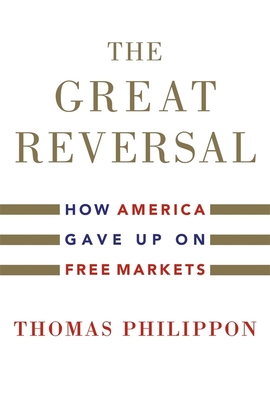Expedite your nonfiction book discovery process with Readara interviews, summaries and recommendations, Broaden your knowledge and gain insights from leading experts and scholars
In-depth, hour-long interviews with notable nonfiction authors, Gain new perspectives and ideas from the writer’s expertise and research, Valuable resource for readers and researchers
Optimize your book discovery process, Four-to eight-page summaries prepared by subject matter experts, Quickly review the book’s central messages and range of content
Books are handpicked covering a wide range of important categories and topics, Selected authors are subject experts, field professionals, or distinguished academics
Our editorial team includes books offering insights, unique views and researched-narratives in categories, Trade shows and book fairs, Book signings and in person author talks,Webinars and online events
Connect with editors and designers,Discover PR & marketing services providers, Source printers and related service providers

The Great Reversal: How America Gave Up on Free Markets
Business & Economics > Free Enterprise & Capitalism
- Belknap Press
- Hardcover
- 9780674237544
- 9.3 X 6.2 X 1.2 inches
- 1.55 pounds
- Business & Economics > Free Enterprise & Capitalism
- (Single Author) Asian American
- English
Readara.com
Book Description
In this much-anticipated book, a leading economist argues that many key problems of the American economy are due not to the flaws of capitalism or the inevitabilities of globalization but to the concentration of corporate power. By lobbying against competition, the biggest firms drive profits higher while depressing wages and limiting opportunities for investment, innovation, and growth.
Why are cell-phone plans so much more expensive in the United States than in Europe? It seems a simple question. But the search for an answer took Thomas Philippon on an unexpected journey through some of the most complex and hotly debated issues in modern economics. Ultimately he reached his surprising conclusion: American markets, once a model for the world, are giving up on healthy competition. Sector after economic sector is more concentrated than it was twenty years ago, dominated by fewer and bigger players who lobby politicians aggressively to protect and expand their profit margins. Across the country, this drives up prices while driving down investment, productivity, growth, and wages, resulting in more inequality. Meanwhile, Europe--long dismissed for competitive sclerosis and weak antitrust--is beating America at its own game.
Philippon, one of the world's leading economists, did not expect these conclusions in the age of Silicon Valley start-ups and millennial millionaires. But the data from his cutting-edge research proved undeniable. In this compelling tale of economic detective work, we follow him as he works out the basic facts and consequences of industry concentration in the U.S. and Europe, shows how lobbying and campaign contributions have defanged antitrust regulators, and considers what all this means for free trade, technology, and innovation. For the sake of ordinary Americans, he concludes, government needs to return to what it once did best: keeping the playing field level for competition. It's time to make American markets great--and free--again.
Author Bio
Thomas Philippon is the Max L. Heine Professor of Finance at New York University, Stern School of Business. Philippon was named one of the “top 25 economists under 45” by the IMF in 2014. He has won the 2013 Bernácer Prize for Best European Economist under 40, the 2010 Michael Brennan & BlackRock Award, the 2009 Prize for Best Young French Economist, and the 2008 Brattle Prize for the best paper in Corporate Finance.
Philippon has studied various topics in macroeconomics and finance: systemic risk and financial crisis, the dynamics of corporate investment and household debt, financial innovation and financial regulation, Eurozone crisis. His recent book “The Great Reversal” (Harvard Press, 2019) focuses on the increasing market power of large firms.
He currently serves as an academic advisor to the Financial Stability Board and to the Hong Kong Institute for Monetary and Financial Research. He was previously an advisor to the New York Federal Reserve Bank, a board member of the French prudential regulatory authority from 2014 to 2019, and the senior economic advisor to the French finance minister in 2012- 2013.
Philippon graduated from Ecole Polytechnique, received a PhD in Economics from MIT, and joined New York University in 2003.
Research Interests
Macroeconomics
Corporate finance
Business cycles
Earnings management
Unemployment
Courses Taught
Corporate Finance Topics
Risk Management in Financial Institutions
Education
- Ph.D., Economics, 2003 -Massachusetts Institute of Technology
- M.A., Economics, 1998 - Delta-Ehess, France
- M.A., Physics, 1997 - Ecole Polytechnique, France
Source: NYU Stern
Videos
No Videos
Community reviews
No Community reviews

